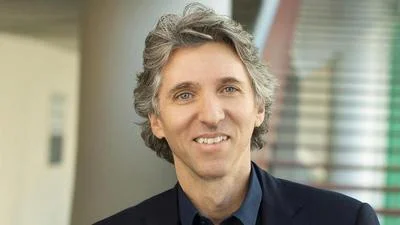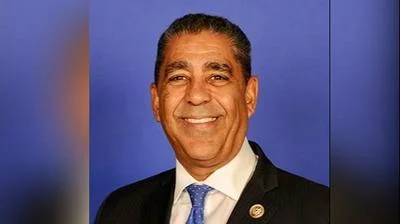Rabbi Dr. Ari Berman, President and Rosh Yeshiva | Yeshiva University
Rabbi Dr. Ari Berman, President and Rosh Yeshiva | Yeshiva University
Clinical Assistant Professor Melanie Evangelista has led discussions on OT's Role in the Phenomenon of Death at AOTA and NYSOTA conferences. By Dave DeFusco
In recent years, health and medical professionals have increasingly devoted their efforts to support people nearing the end of life, with a focus on palliative care. This specialized field of medicine emphasizes comfort and quality of life for those with terminal illnesses. Yet, while palliative care has flourished, the phenomenon of death itself has been less frequently explored through the lens of occupational therapy—a field fundamentally rooted in human engagement and the activities that give life meaning. This oversight has left a significant gap in both practice and academic literature, one that Melanie Evangelista, a clinical assistant professor in the Katz School’s Occupational Therapy Doctorate program, is working hard to address.
Occupational therapy (OT) focuses on enabling people to participate in occupations or activities they need, want, or are expected to do. These occupations range from basic self-care tasks to more complex roles that contribute to one’s identity and sense of purpose. However, death and dying present a challenge for OTs: Is dying itself an occupation? And if it is, how should it be approached within the framework of OT?
While there is some debate over whether dying is an occupation, it is obviously a significant phenomenon—one that encompasses various factors including culture, religion, age, disease, and individual circumstances. As a profession dedicated to cultural competence and improving quality of life, occupational therapy has a unique role to play in supporting individuals as they face death and dying. For Evangelista, the intersection of her profession with end-of-life care is deeply personal. Evangelista, who is pursuing a Ph.D. in gerontology and leadership, said that her experiences working in a nursing home during the COVID-19 pandemic shaped her research interests.
“I watched 100 people die in a week, people whom I’ve known for years,” she said.
This experience led Evangelista to reflect on the gaps in care for dying individuals, particularly those in subacute rehabilitation facilities who were not receiving hospice care. Despite their imminent death, these patients were not given the same quality of therapy as others.
“As I’ve progressed through my Ph.D., I realized that this is an overlooked population that’s hard to study because of privacy rules,” she said. “There’s this huge gap among occupational therapists in how to treat people at the end of their lives.”
Her research is informed by studies showing that when OTs are involved in hospice care they improve their patients’ quality of life as well as life expectancy through occupational engagement. In addition, their involvement can have a profound impact on reducing depression and anxiety among the loved ones of dying patients.
But what does occupational engagement look like for someone who is dying? Evangelista said it’s more than executing physical tasks—it’s about helping individuals find meaning and purpose in their final days. For some this might mean cooking a meal for their family despite dementia’s toll on memory; for others it might involve staying connected with loved ones through technology or engaging in a beloved hobby like knitting even when chemotherapy treatment results in neuropathy.
Whether through small acts such as someone putting on a favorite sweater or structured interventions like facilitating spiritual practices OTs have the potential to significantly enhance the quality of life for those who are dying. However for this potential to be fully realized the OT field must continue to expand its focus on end-of-life care.
At Katz School this shift is already underway. Evangelista teaches a course on Occupational Performance in Older Adult Population where students create advance directives and learn how to have difficult conversations with families about how to support patients at the end of life.
“By embracing the complexity and significance of death as both an occupation and a phenomenon OTs can offer unparalleled support to individuals and families during one of life’s most challenging times,” said Evangelista “The conversations that I’m participating in now are just beginning broader movement ensure everyone regardless age diagnosis opportunity live fully until very end.”






 Alerts Sign-up
Alerts Sign-up